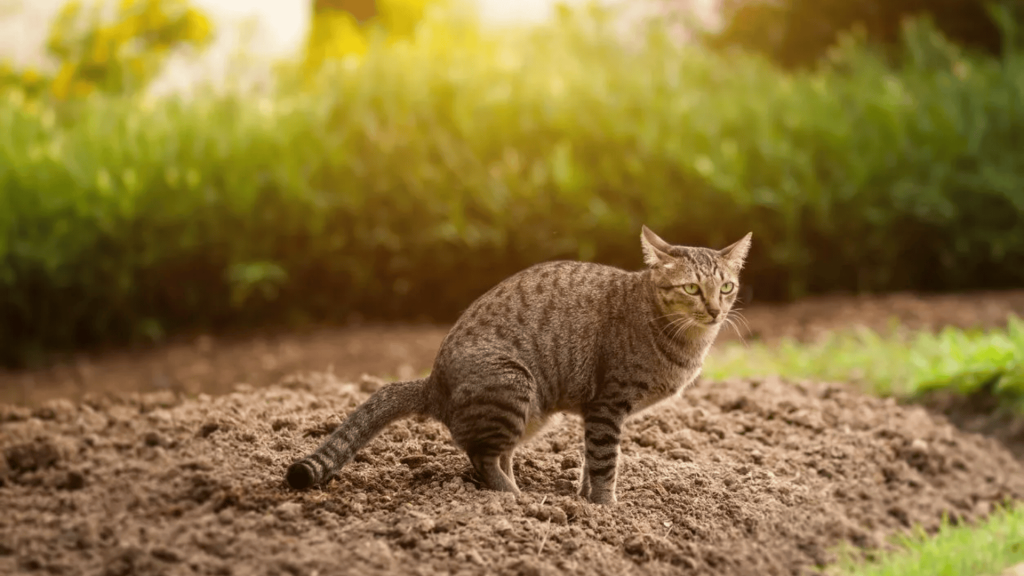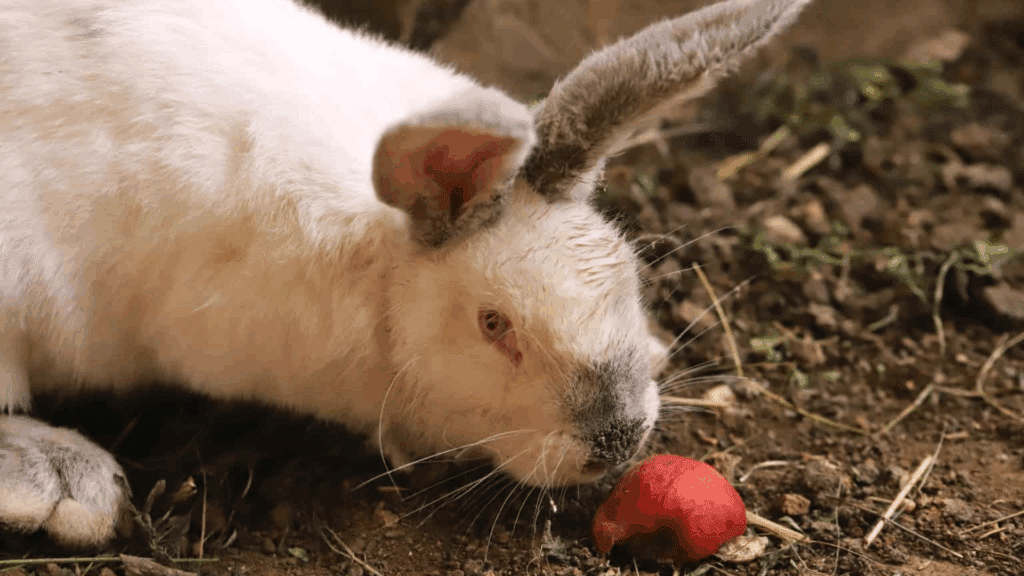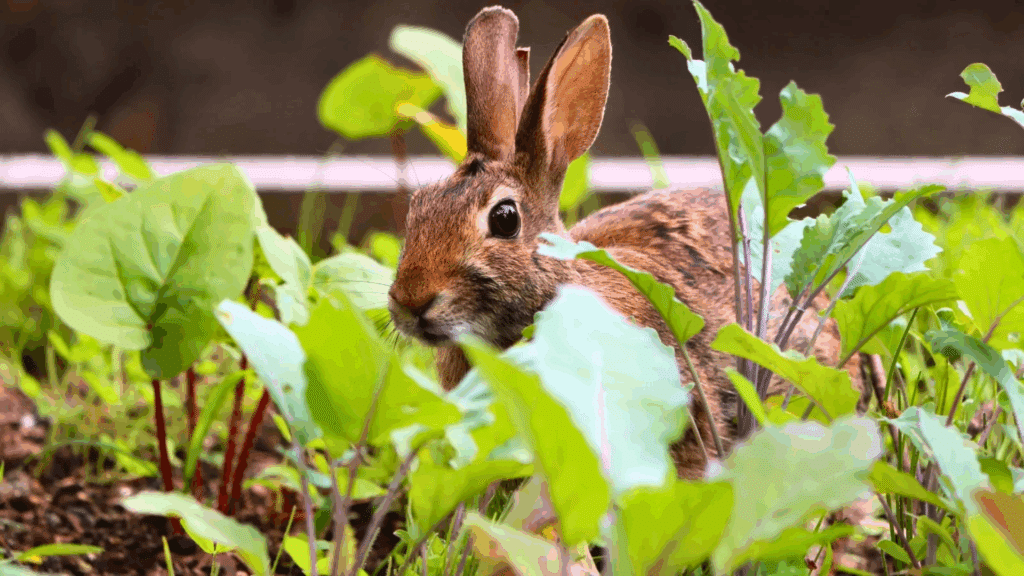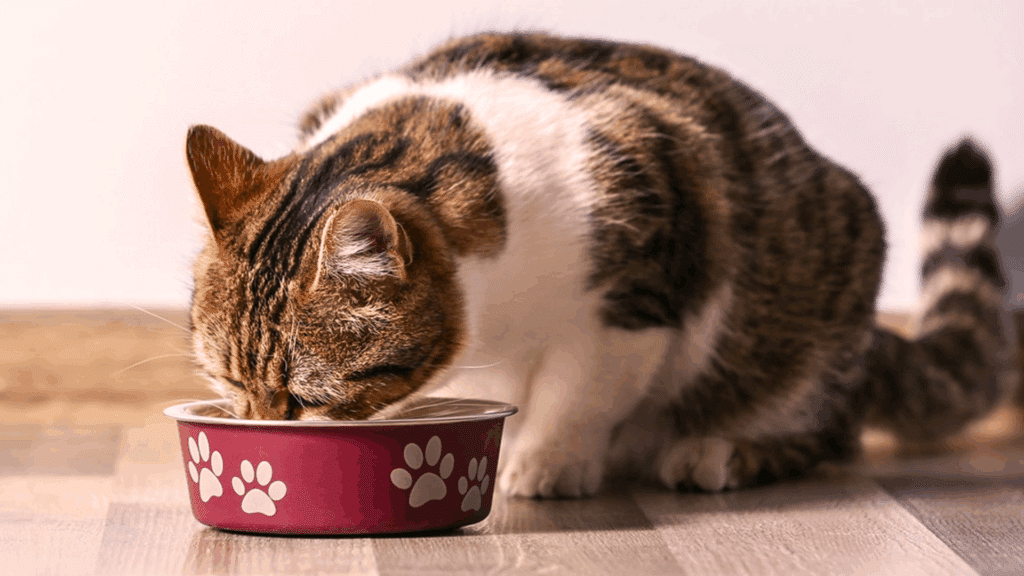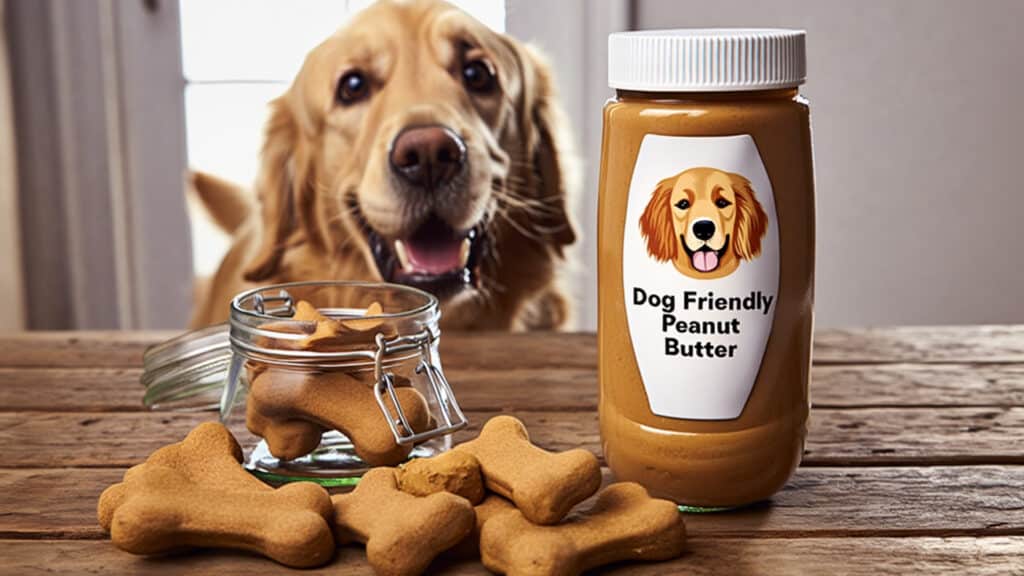Constipation is a common issue in cats that can lead to discomfort, pain, and serious health problems if left untreated.
Understanding the causes, symptoms, and remedies is essential for every cat owner. Cats may experience constipation due to dehydration, low-fiber diets, hairballs, lack of exercise, stress, or underlying medical conditions.
Early detection can prevent complications like obstipation or megacolon, which often require veterinary intervention.
In this guide, we’ll probe the signs that your cat may be constipated, provide practical at-home remedies to relieve mild constipation, and discuss when professional treatment is necessary.
By learning how to support your cat’s digestive health through diet, hydration, and lifestyle adjustments, you can ensure their comfort, well-being, and long-term health.
What Is Cat Constipation?
Cat constipation happens when a cat has trouble passing stool, or pooping, as often as it should.
A healthy cat usually poops once a day, though some may go every other day. If your cat is going less often, straining in the litter box, or passing hard, dry stool, it may be constipated.
Constipation is a concern because it can make your cat feel sick, uncomfortable, and less playful. In some cases, it may also point to health problems like dehydration, poor diet, or other illnesses.
Catching constipation early helps prevent bigger issues and keeps your cat happy and healthy. Always keep an eye on your cat’s litter box habits.
Common Causes of Constipation in Cats
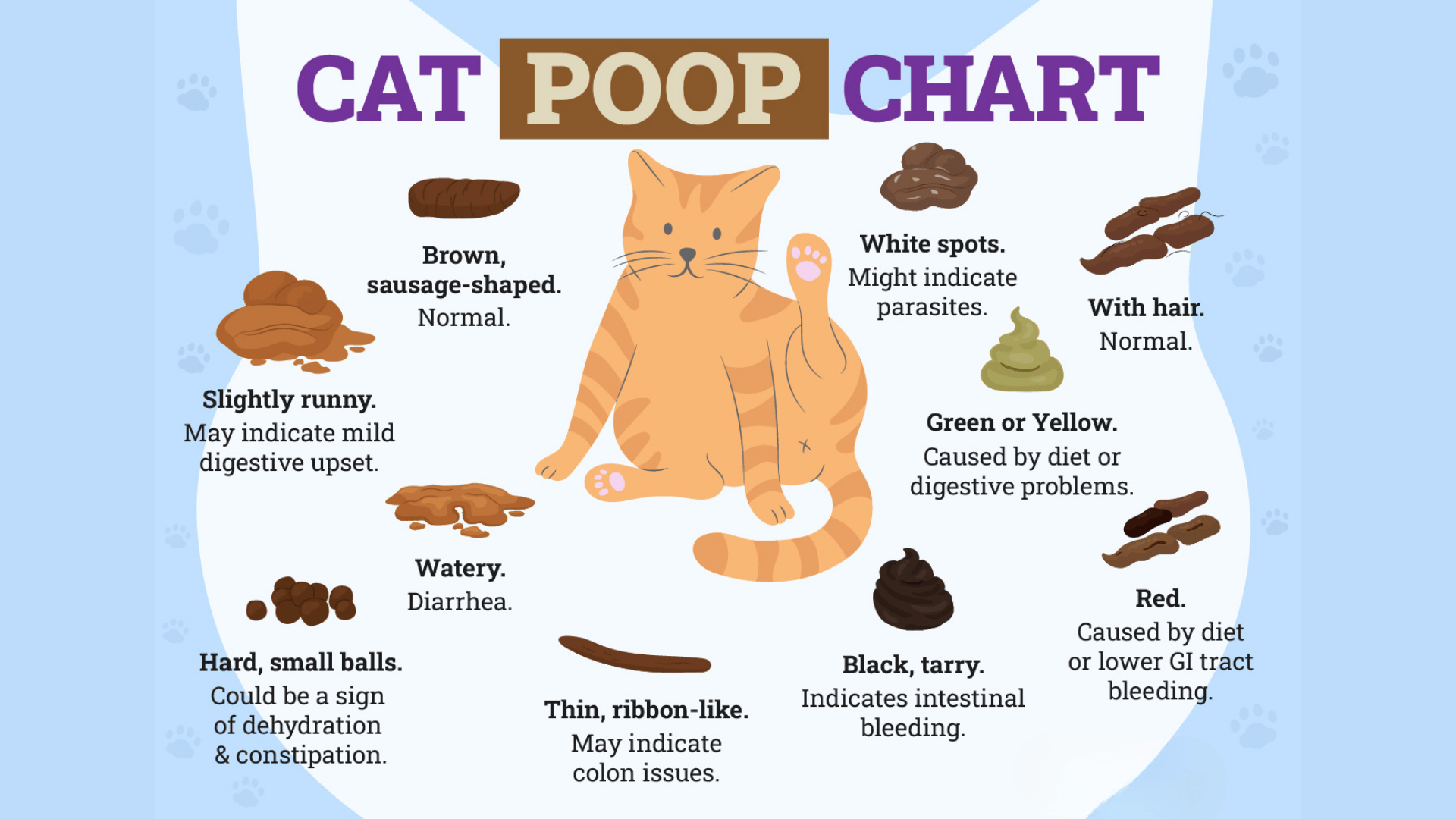
Constipation in cats can happen for many reasons. Knowing the common causes can help you spot problems early and make changes to keep your cat healthy.
Here are some of the most frequent causes:
| Cause | Explanation |
|---|---|
| Dehydration and lack of water intake | Not drinking enough water makes the stool hard and difficult to pass. |
| Low-fiber diet or poor nutrition | Cats need the right balance of fiber for smooth digestion. |
| Hairballs and grooming habits | Swallowed hair can build up in the intestines. |
| Obesity and lack of exercise | Extra weight can slow digestion. |
| Underlying medical conditions | Problems like megacolon, arthritis, or blockages can lead to constipation. |
| Litter box issues and stress | Dirty boxes or stress can cause cats to avoid pooping. |
By understanding these causes, you can take steps to prevent constipation and support your cat’s overall well-being.
Symptoms of Constipation in Cats
Constipation in cats can be uncomfortable and may show up in different ways. Paying attention to these signs can help you know when your cat needs help. Here are the most common symptoms to look for:
- Straining in the litter box – Your cat may push hard but produce little or no stool.
- Small, hard, or dry stools – Poop may look like tiny pellets.
- Infrequent bowel movements – Going less often than usual can signal a problem.
- Vocalization or discomfort – Cats may meow or seem restless while trying to poop.
- Loss of appetite, lethargy, or vomiting – These can happen when constipation gets worse.
If you notice these symptoms, contact your vet to ensure your cat gets the right care.
At-Home Cat Constipation Remedies
You can often help your cat with mild constipation at home using safe, simple remedies. Always monitor your cat closely, and consult a vet if symptoms persist.
1. Increasing Water Intake
Ensuring your cat drinks enough water is key to soft, easy-to-pass stools. Try using cat fountains, which encourage sipping, or adding wet food to their diet.
You can also mix a small amount of low-sodium broth into meals. Proper hydration helps prevent constipation and keeps your cat healthy overall.
2. Adding Fiber to Diet
Fiber can help regulate your cat’s digestion. Safe options include plain pumpkin, a small amount of psyllium husk, or high-fiber cat food.
Gradually introduce fiber to avoid stomach upset. Fiber adds bulk to the stool and can make bowel movements easier and more regular.
3. Encouraging Exercise and Play
Physical activity helps stimulate digestion in cats. Encourage movement with toys, laser pointers, or interactive play sessions.
Regular exercise prevents obesity, reduces stress, and supports overall gut health, which can help relieve or prevent constipation.
4. Hairball Control Remedies
Hairballs can block the intestines, contributing to constipation. Groom your cat regularly to reduce shedding and consider hairball-control food or supplements.
These measures help prevent hair from accumulating in the digestive tract, improving comfort and reducing the risk of constipation.
5. Gentle Abdominal Massage
A gentle belly massage can help move stool through the intestines. Only perform this with guidance from your veterinarian to avoid causing pain or injury.
Massage can improve circulation and stimulate bowel movements, especially for cats prone to constipation.
Veterinary Treatments for Cat Constipation
Sometimes, home remedies are not enough, and a vet’s help is needed. Veterinarians can provide treatments to help constipated cats feel better and prevent serious health problems.
They may prescribe medications such as laxatives or stool softeners to make pooping easier. In some cases, a vet may need to give an enema or provide professional care to relieve constipation safely.
Diagnostic tests like X-rays, blood tests, or ultrasounds can help find underlying problems causing the constipation. For severe cases, such as megacolon, surgical options may be necessary to fix the issue and improve the cat’s quality of life.
Preventing Cat Constipation Long-Term
Keeping your cat’s digestive system healthy is easier with consistent care. Small daily habits can prevent constipation and keep your cat comfortable.
Here are some important tips:
- Balanced diet with fiber and moisture – Feed high-quality food with fiber and include wet food to help digestion.
- Keeping cats hydrated – Provide fresh water daily and consider fountains or broths to encourage drinking.
- Regular grooming to reduce hairballs – Brush your cat often to prevent hair from building up in the intestines.
- Weight management and exercise – Keep your cat active and at a healthy weight to support bowel health.
- Stress reduction strategies – Minimize stress with clean litter boxes, safe spaces, and a calm environment.
Following these steps helps your cat stay healthy and reduces the risk of constipation over time.
When to See a Vet for Cat Constipation
It’s important to know when constipation is more than a small problem. A healthy cat usually poops every day or every other day. If your cat hasn’t pooped for more than two days, it’s time to watch closely and consider a vet visit.
Warning signs like vomiting, severe straining, blood in the stool, or signs of pain may indicate a blockage or an emergency.
Untreated constipation can lead to serious health problems such as obstipation, where stool becomes stuck, or megacolon, a permanent colon problem. Early veterinary care can prevent pain and serious complications, keeping your cat safe and comfortable.
Conclusion
Constipation in cats can be uncomfortable and, in severe cases, dangerous, but it is often manageable with proper care.
Identifying the signs early, such as straining, hard stools, or decreased litter box use, allows cat owners to address the issue before it worsens.
Simple remedies like increasing water intake, adding fiber-rich foods, promoting exercise, and managing hairballs can significantly improve a cat’s bowel health.
However, persistent or severe constipation requires veterinary attention to rule out underlying medical conditions and prevent complications like megacolon.
Preventative care, including a balanced diet, regular grooming, hydration, and stress management, can reduce the risk of constipation.
By staying informed and proactive, cat owners can keep their feline companions comfortable, healthy, and happy, ensuring their digestive system functions smoothly.


